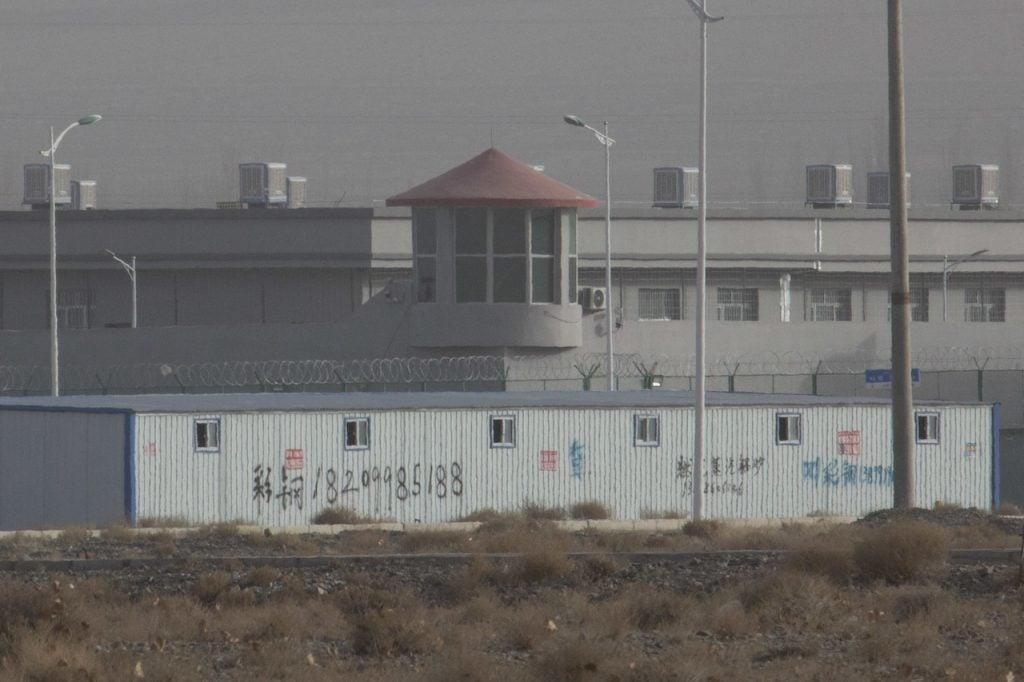West sanctions China over Uighur abuses, Beijing hits back at EU
Western governments are seeking to hold Beijing accountable for mass detentions of Muslim Uighurs.
Just In
The EU, US, Britain and Canada imposed sanctions on Chinese officials on Monday for human rights abuses in Xinjiang.
The EU was the first to impose sanctions on Monday on four Chinese officials, a decision later mirrored by Britain and Canada. All 27 EU governments agreed to the bloc’s punitive measures, but Hungary called them “harmful” and “pointless”.
In support, Australia and New Zealand issued a statement expressing “grave concerns about the growing number of credible reports of severe human rights abuses against ethnic Uighurs and other Muslim minorities in Xinjiang”.
Beijing immediately hit back with sanctions against the EU including European lawmakers, diplomats, and institutes, and banning their businesses from trading with China, Reuters is reporting.
Western governments are seeking to hold Beijing accountable for mass detentions of Muslim Uighurs in northwestern China, where the US says China is committing genocide.
Activists and UN rights experts say at least one million Muslims have been detained in camps in Xinjiang. The activists and some Western politicians accuse China of using torture, forced labour and sterilisations. China says its camps provide vocational training and are needed to fight Islamic extremism.
The coordinated effort appeared to be part of a US diplomatic push to confront China, a core element of Biden’s still evolving China policy.
“Amid growing international condemnation, China continues to commit genocide and crimes against humanity in Xinjiang,” US Secretary of State Antony Blinken said in a statement ahead of meetings with EU and Nato ministers in Brussels this week.
Canada’s foreign ministry said: “Mounting evidence points to systemic, state-led human rights violations by Chinese authorities.”
Beijing’s retaliations came quickly and included sanctions on European lawmakers, the EU’s main foreign policy decision-making body known as the Political and Security Committee and two institutes.
German politician Reinhard Butikofer, who chairs the European Parliament’s delegation to China, was among the most high-profile figures to be hit. The non-profit Alliance of Democracies Foundation, founded by former Nato secretary-general Anders Fogh Rasmussen, was on the list, according to a statement by China’s foreign affairs ministry.
“These sanctions prove that China is sensitive to pressure,” Dutch lawmaker Sjoerd Sjoerdsma, who was put on China’s sanctions list, said on Twitter. “Let this be an encouragement to all my European colleagues: Speak out!”
Subscribe to our newsletter
To be updated with all the latest news and analyses daily.
